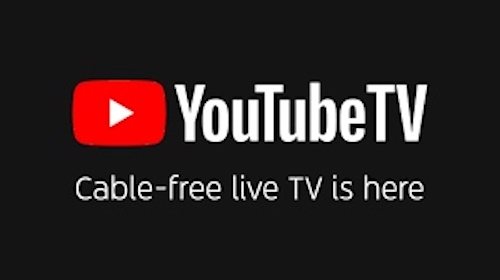The latest skirmish between YouTube TV and programmers is between the streaming service and Disney’s TV networks, including ABC and ESPN. The issues are the same ones that YouTube had with NBCUniversal and FOX (both of which have since been resolved) and that it currently has with TelevisaUnivision (and is still unresolved).
The distributor (YouTube, a unit of Google) wants short-term renewal deals and to keep carriage fee unchanged. Programmers, on the other hand, are looking at long-term renewals and increased fees. Agreements traditionally last up to five years, but YouTube wants to reduce them to one or two years.
The main YouTube services have 2.7 billion active users a month and 113.9 million channels. YouTube TV is one of the six products offered by YouTube (others include YouTube Kids and YouTube Music). YouTube TV is a subscription-based streaming platform serving 10 million U.S. TVHH that costs $73 per month and provides live and on-demand TV from 100 broadcast and cable networks, acting as a replacement for traditional cable or satellite TV.
Another of the six YouTube services is YouTube Premium, which, for $14 per month, allows viewers to watch TV programs without commercials. There are also YouTube Primetime Channels, which, for extra monthly fees (starting at $2) over the YouTube TV subscription, allow users to subscribe to any streaming channel. In this case, streamers would prefer that YouTube operate as a clearing house (or gateway) for users to subscribe to the streaming services directly.
YouTube’s content providers are looking at fee increases from YouTube in order to help pay the higher sports licenses that they acquired and which trigged this new dispute (overall payments for U.S. TV and streaming sports rights have gone from $14 billion in 2015 to $29 billion in 2024).
YouTube, in turn, wants to keep content fees low so that they won’t have to raise subscription rates and risk the cord-cutting problems that cable TV faces each day.
But contrary to cable operators who want long-term deals with content providers in order to project future costs, YouTube is looking for shorter deals because it expects to soon increase its sub base and thus have more leverage with programmers.


Leave A Comment